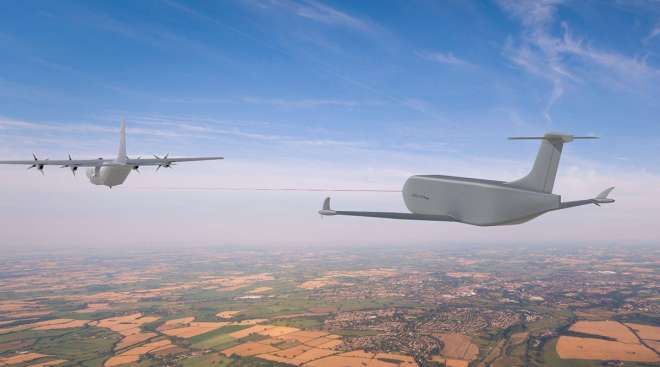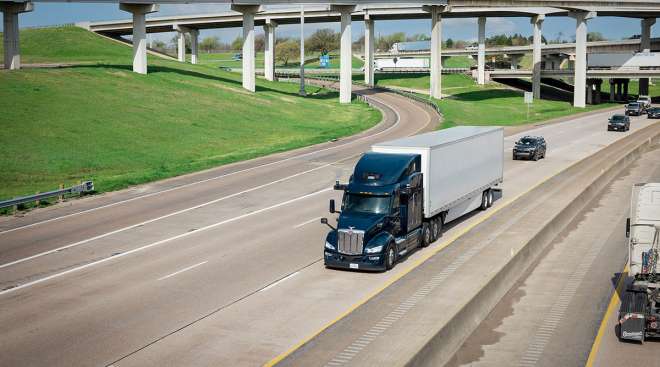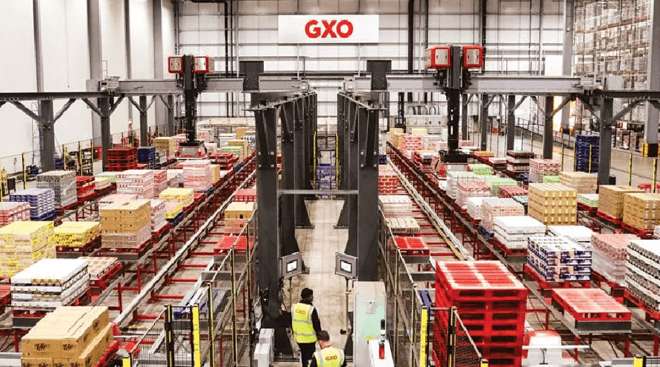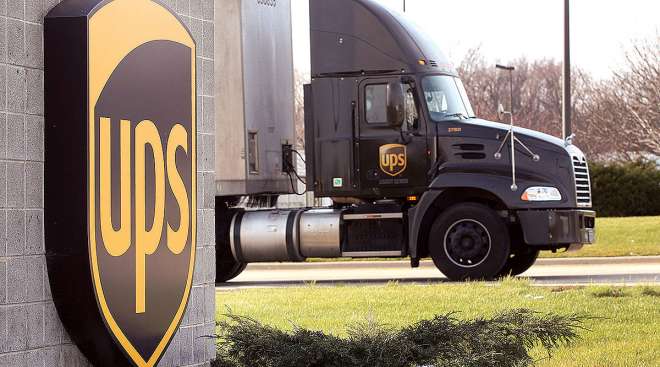Aerolane Seeks to Use Freighter Planes to Pull Cargo Gliders
Aerolane is testing a business plan to pull cargo gliders with small freighter planes.
Driverless Truck Companies Hoping to Ditch Human Copilots
Driverless trucks with no humans on board will soon cruise Texas highways if three firms have their way despite objections from critics who say finances, not safety, is behind the timetable.
TFI to Buy Daseke for $1.1 Billion
TFI International Inc., a Canadian carrier that has been growing through acquisitions, announced plans to purchase flatbed specialist Daseke Inc. for $1.1 billion, including debt.
C.H. Robinson’s CEO Sees Freight Rebound in Second Half of 2024
C.H. Robinson Worldwide expects the freight recession will linger into next year, but sees a recovery taking hold in the second half of 2024.
Railroads Urge Border Officials to Reopen US-Mexico Crossings
Railroads are calling for U.S. Customs and Border Protection to reopen U.S.-Mexico rail crossings at El Paso and Eagle Pass, Texas.
Pilotless FedEx, Reliable Robotics Plane Completes Flight
Reliable Robotics Corp. has flown a small cargo plane on loan from FedEx Corp. without a human on board, a step toward the autonomous flight startup winning regulatory approval.
GXO Logistics Testing Humanoid Robot at Georgia Facility
Warehouse workers could soon face new competition from robots: GXO Logistics Inc. is testing a humanoid model at its facility in Flowery Branch, Ga.
XPO Founder Brad Jacobs Readies $1 Billion Acquisition Firm
Brad Jacobs, the billionaire who founded XPO Logistics, is creating a publicly listed company designed for multiple acquisitions and funded with $1 billion, mostly from Jacobs himself.
Robots Outnumber People 15-to-1 at Massive New UPS Warehouse
UPS Inc. just opened its largest warehouse, and plans to fill the $79 million facility with more than 3,000 robots by next year to handle tasks like lifting and reduce the need for manual labor.
UPS Reports Lower Earnings on Labor Deal Costs
UPS Inc. cut its annual profit target on a spike in costs from a new union labor contract and weaker package demand.











